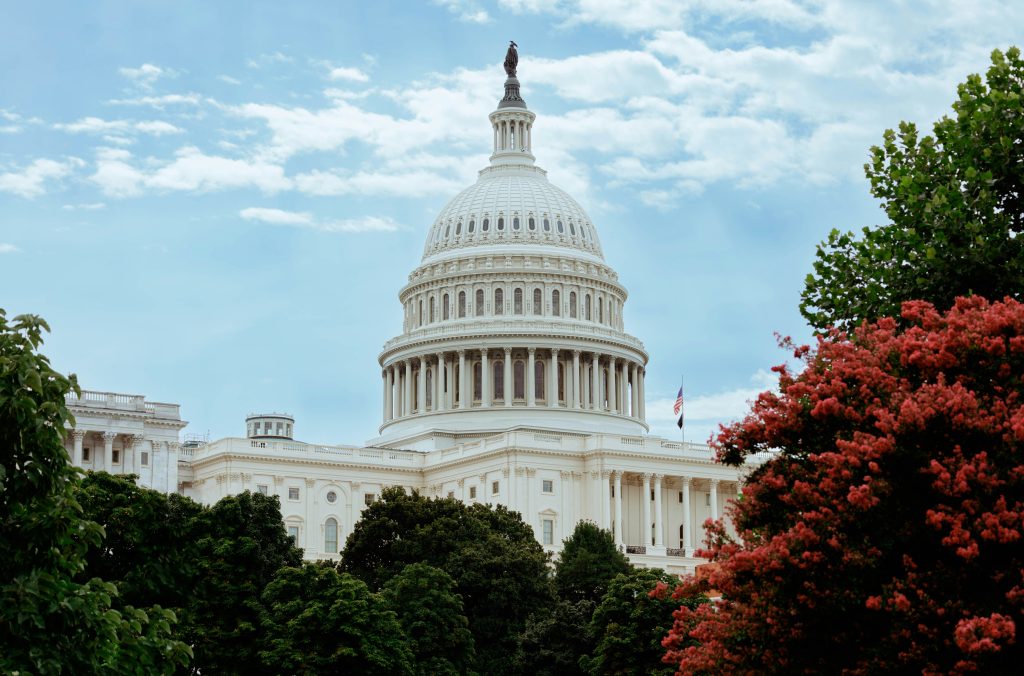Hunter Biden’s Tax Evasion Case Set for Trial Amid Legal Battles
In a case that has stirred significant public interest, Hunter Biden, the son of the current President, is facing trial in September over allegations of tax evasion. The federal charges accuse Biden of failing to pay at least $1.4 million in taxes, a situation that has escalated into a legal showdown in Los Angeles. While Biden claims to have rectified the issue by paying back the owed taxes along with fines, legal proceedings against him are ongoing.
The developments in this case are particularly notable as they reflect broader concerns regarding tax compliance and accountability at high levels of government. Biden’s defense strategy has included attempts to dismiss the charges based on the appointment of the special prosecutor, which he argues violated the appropriations clause. However, a federal judge has rejected these claims, allowing the case to move forward as scheduled.
This trial is significant not only for the implications it holds for Biden himself but also for its potential impact on public perception of government accountability. The legal battles surrounding this case highlight the complexities involved in prosecuting individuals with close ties to political power, raising questions about fairness and the integrity of the judicial system.
As the trial date approaches, both legal experts and the public are closely monitoring the situation. The outcome could shape discussions around tax evasion and the responsibilities of individuals within the political sphere, making it a pivotal moment in the ongoing narrative of accountability in government. The case serves as a reminder that regardless of one’s status, the law applies equally, and the consequences of failing to adhere to tax obligations can be severe.
In summary, Hunter Biden’s tax evasion case is not just about an individual’s legal troubles; it represents a larger conversation about ethics, accountability, and the rule of law in the United States. As the trial date nears, all eyes will be on how the court navigates these complex issues and what it means for the future of political accountability.
Tags: Hunter Biden, Legal Proceedings, Tax Evasion
Federal Judge Dismisses Hunter Biden’s Bid to Dismiss Tax Charges as Trial Approaches
In a significant legal development, Hunter Biden, the son of President Joe Biden, has faced yet another setback in his ongoing tax evasion case. A federal judge has decisively rejected Biden’s recent efforts to dismiss the tax charges against him, clearing the path for a trial that could further embroil the Biden family in legal controversies.
U.S. District Judge Mark Scarsi ruled against Biden’s assertion that the appointment of special prosecutor David Weiss was improperly handled, reinforcing the legitimacy of the investigation into Biden’s tax affairs. The judge’s ruling is particularly notable as it emphasizes the separation of powers and the proper procedures in federal investigations.
This ruling comes in the wake of accusations that Hunter Biden failed to pay over $1.4 million in taxes. While Biden has publicly stated that he has since repaid the owed taxes along with fines, the legal ramifications of his financial dealings continue to unfold. The judge’s decision not only dismisses Biden’s claims but also underscores the complexities associated with high-profile cases involving politically connected individuals.
Previously, Biden had attempted to leverage a recent ruling from a separate case involving former President Donald Trump to bolster his own legal arguments. However, this strategy was also dismissed by the court, further complicating Biden’s defense strategy as he prepares for trial. The rejection of these motions indicates that the court is taking a strict approach to procedural matters, focusing on the legal merits rather than political narratives.
As the trial approaches, the implications of these rulings may resonate beyond the courtroom. Legal experts suggest that the outcome could have a considerable impact on public perception of the Biden administration, especially given the intense scrutiny surrounding the president’s family. The ongoing legal challenges faced by Hunter Biden have already sparked discussions about the ethics of political families and the intersection of personal conduct with public service.
The trial is expected to draw significant media attention, not only because of Hunter Biden’s connection to the presidency but also due to the broader political ramifications. Observers are keenly watching how this situation unfolds, as it could influence upcoming elections and discussions surrounding political accountability.
As the legal battles continue, Hunter Biden’s case serves as a reminder of the complexities and challenges that come with being part of a prominent political family. The outcome of the trial may not only affect Biden personally but could also shape the narrative of the Biden administration moving forward.
Tags: Hunter Biden, Judicial System, Tax Evasion


